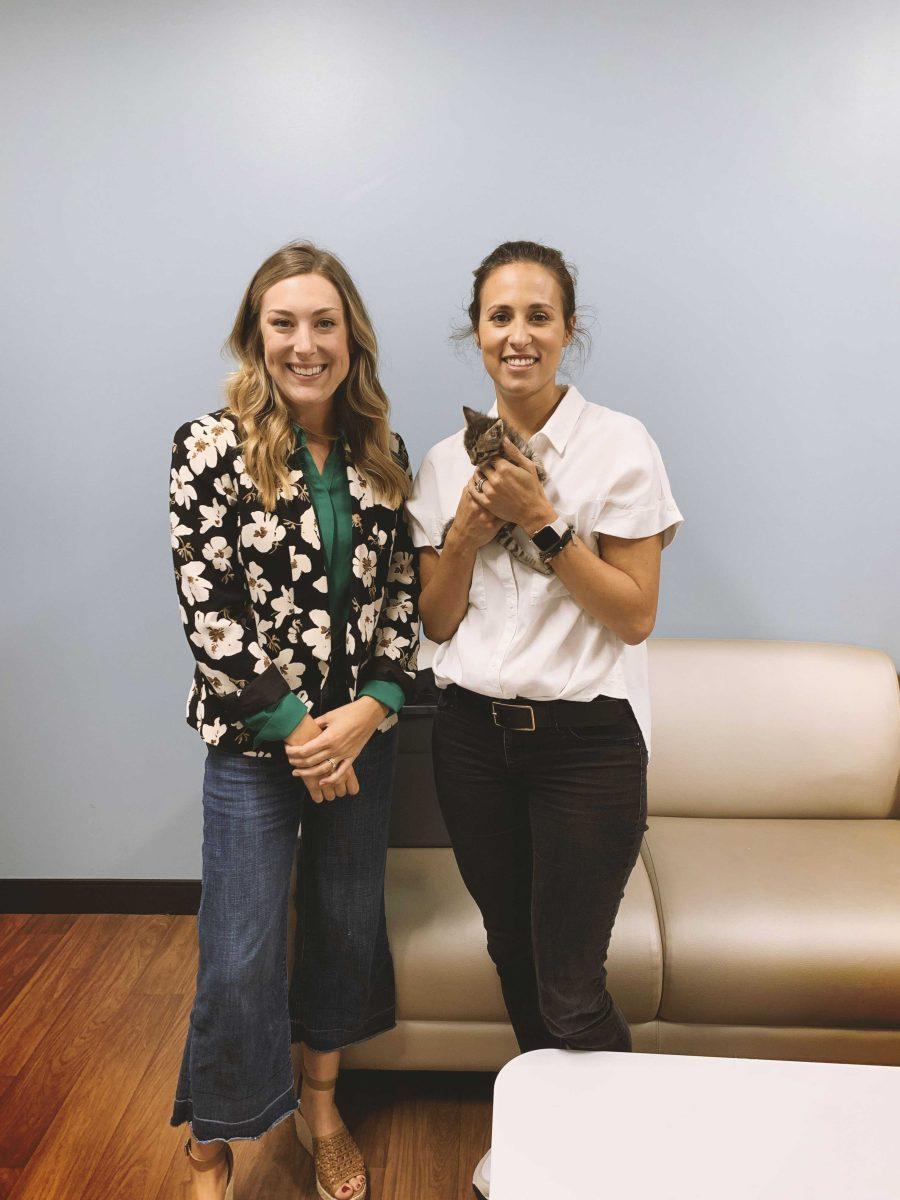There is nothing more exciting to a dog lover than a cacophony of happy dogs barking. This is the sound that greets you as soon as you open the doors to Companion Animal Alliance (CAA).
CAA took over from the East Baton Rouge Municipal shelter in 2010, and since then, they have dramatically improved their animal save rate from 20% in 2010 to around 70% today. Part of this success is due to their Date-a-Dog program.
“We’ve sort of morphed Date-a-Dog into our volunteer program,” says Emily Jackson, Development Director for CAA. “Anyone who has gone through our volunteer training can date a dog. There isn’t a separate training.”
Volunteer trainings happen about three times a month.
There are many suggestions for dates you can take your dog on. You can take them for a ride in your car, or take them for a Puppicino at Starbucks, take them on a walk around the lakes, or bust out your gingham blanket and go on a picnic.
The Date-A-Dog program lets volunteers get to know a dog better, which could lead them to deciding to foster or even adopt the dog, but the benefits of the Date-A-Dog program go even further than that.
Jackson explains that spending a day with a dog allows them to become used to spending time around people and how to behave in situations outside the shelter. Many rescue dogs that do well in the shelter can have a bit of a culture shock when adopted. Date-A-Dog allows for dogs to become more comfortable outside the shelter, therefore making them more adoptable.
Date-A-Dog is not the only program the CAA provides to the community. Another program that the CAA does to prevent animals from ending up in the shelter in the first place is called Pets for Life.
As part of the Pets for Life program provides to the community education about how to properly take care of their pets, as well as provides medical care to pets, including spay/neuter surgeries and vaccines.
According to the CAA, who based the Pets for Life program on a similar Humane Society program, spay/neuter surgeries decrease the number of animals that end up in shelters because it prevents unwanted pregnancies in pets.
This program is especially active in the 70805, 70802 and 70807 zip codes, because that is where the shelter sees the highest number of intake cases.
The Pets for Life program also builds relationships and trust with the community, which makes the community more likely to seek out help for a sick or injured pet than to abandon it all together.
At the CAA complex, there is also a patio where you can “hang out with cats,” according to Jackson. They refer to this patio as the “catio.”
“People can literally just like chill and let the cats crawl all over them,” Jackson said. “It’s a very serene space.”
JT Hackett, the Program Director, says she has been encouraging LSU students who have gone through the volunteer training to also utilize the “catio” as a study space.
Click here for more information about volunteering with CAA.
Companion Animal Alliance seeks to provide good outcomes for community pets
September 26, 2019
Emily Franklin and CAA Programs Director JT Hackett visit with animals at the Companion Animal Alliance shelter.





